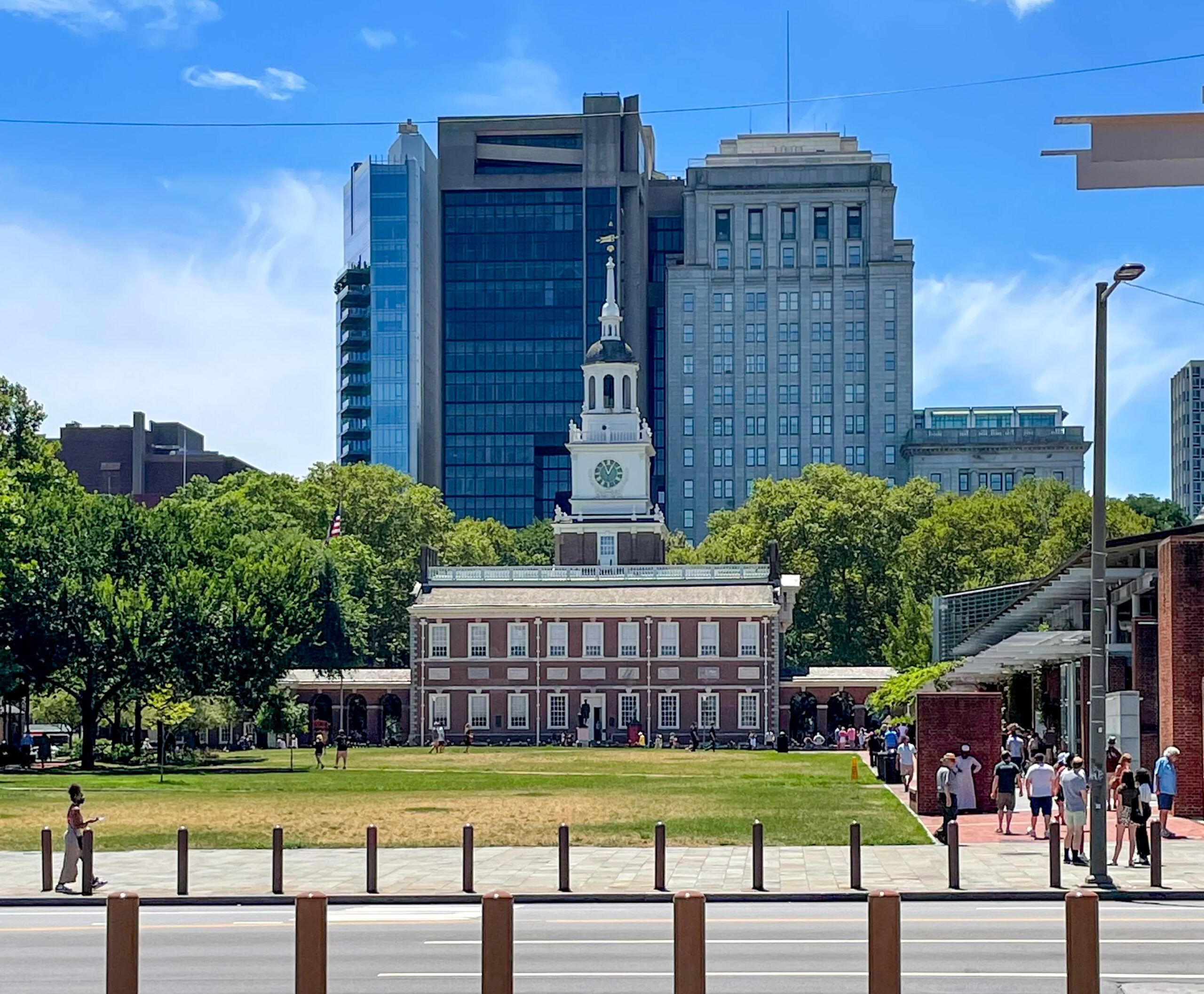For maybe one of the first times ever, Philadelphia is taking its cues from Scranton.
The Philadelphia Parking Authority announced today that by the end of the summer, Philadelphians will be able to pay for parking with their smartphones, using Pango Parking’s mobile app. Scranton has been using the Israeli/Baltimore firm since spring 2013 (Latrobe and Butler, Pa., are also users). The PPA put out a “Request for Information” for the service last summer. For the initial six-month trial, the app will only work for on-street parking in Center City, the Torresdale Rail Station lot and a lot at 8th and Chestnut Streets.
The PPA won’t pay anything to Pango for the contract, said spokesman Martin O’Rourke, but Pango will take 1 cent per transaction that goes through the app. Pango also makes money off location-based ads, Fast Company reported in 2012. The company will also pay for credit card processing fees, the wireless data plan for the PPA’s mobile enforcement devices and marketing materials. (O’Rourke did not have an estimate on how much this would cost.)
Pango beat out four other vendors, O’Rourke said, including:
- MobileNOW, LLC (Camden uses this one)
- Parkmobile, LLC (Parkway Corporation uses this Atlanta-based company’s app)
- Passport Parking, Inc. and
- PayByPhone Technologies, Inc.
Former Pennsylvania Governor Ed Rendell is on Pango’s advisory board. He’s the only person on the advisory board, at least according to the company’s website (which amusingly misspells his name).
The firm spent nearly $4,800 lobbying City Council and the PPA back in 2012, when Pango first came to the U.S., according to city records. (One of their lobbyists was political mover-and-shaker John Hawkins.) Dating back to 2014, Pango hasn’t spent anything on lobbying, according to the city records.
With Pango, you’ll be able to add time to your meter remotely, though the PPA has proposed raising parking rates each time a driver re-ups, in order to “encourage parking turnover.”
The idea of remotely adding to your meter (and thus, not getting a ticket) concerned the Mayor’s Office of Transportation and Utilities, which said that the city should realize this would mean less money for the School District. (Andrew Stober, chief of staff for the Mayor’s Office of Transportation and Utilities, said that his office was not advocating against a mobile payment option. He just wanted to make clear what the new service would entail.)
The School District received more than $9.7 million from the Parking Authority in 2014, according to PPA data published by civic hacker William Entriken. The city received more than $37.2 million. Those numbers are just a portion of the more than $121 million in on-street parking revenue that the PPA made in 2014. Parking tickets made up 63 percent of that $121 million, while meters made up 21 percent of the annual revenue. Here’s a full breakdown of PPA revenues.






